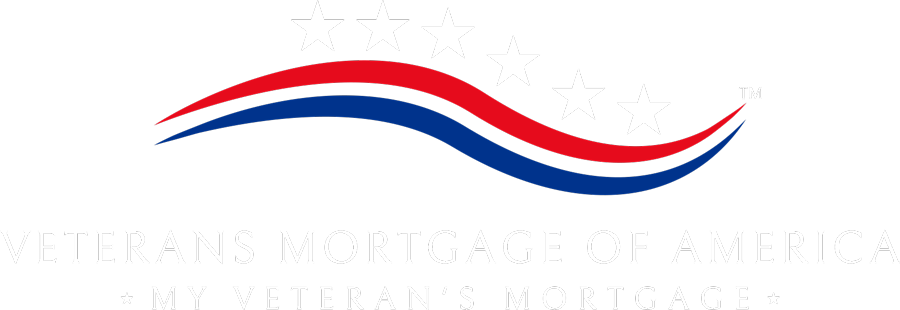Debt Service Coverage Ratio (DSCR)
DSCR loans have emerged as a crucial financial tool for real estate investors, particularly those targeting rental properties. Unlike traditional loans, DSCR loans are based on the property’s anticipated cash flow instead of the borrower’s personal income. This makes them an attractive option for investors who might not meet the requirements for conventional loans relying on individual income. In this article, we’ll delve into the specifics of DSCR loans, highlighting essential guidelines, key metrics, and important considerations for potential borrowers.
Understanding DSCR Loans
DSCR loans are evaluated based on the income produced by the property, rather than the investor’s personal income. A crucial metric in this process is the Debt Service Coverage Ratio (DSCR), which measures the property’s ability to meet its debt obligations, including principal, interest, taxes, insurance, and homeowners’ association fees. The DSCR is determined by dividing the property’s annual net operating income (NOI) by its total yearly debt service.
Typical Guidelines and Metrics for DSCR Loans for Investors
-
Minimum DSCR Requirement: Lenders generally seek a DSCR of 1.25 or higher, though the exact requirement can vary based on the lender and the loan’s particular conditions. A DSCR of 1.25 means the property produces 25% more income than is needed to cover the debt service, offering a cushion to accommodate vacancies, maintenance, and other unexpected costs.
-
Loan-to-Value (LTV) Ratios: LTV ratios for DSCR loans tend to be more conservative compared to traditional mortgages. Most lenders limit the LTV to 75-80%, requiring borrowers to make a larger down payment to ensure adequate equity in the property from the beginning.
-
Interest Rates and Terms: DSCR loans typically come with slightly higher interest rates than owner-occupied mortgages due to the increased perceived risk. Loan terms can vary, but 30-year amortization is common, allowing borrowers to benefit from lower monthly payments and improved cash flow.
-
Property Types: DSCR loans are versatile and can be applied to various types of investment properties, including single-family homes, condos, multifamily units, and in some cases, even commercial properties.
-
No Personal Income Verification: Unlike traditional loans, DSCR loans don’t require borrowers to submit extensive personal financial documentation. Instead, the emphasis is on the property’s income-generating potential, making the application process easier for investors with more complex financial profiles.
-
Reserve Requirements: To further reduce risk, lenders may require borrowers to maintain cash reserves, typically equivalent to several months of debt service.
The Application Process
Applying for a DSCR loan typically involves the following steps:
-
Property Identification: The investor identifies a potential investment property that they believe will generate sufficient rental income.
-
Preliminary Financial Analysis: The investor or their financial advisor conducts an initial analysis to estimate the property’s NOI and calculate the DSCR to ensure it meets the lender’s requirements.
-
Loan Application: The borrower submits a loan application, along with the property’s financial details, including rental income, operating expenses, and any existing debt service.
-
Appraisal and Underwriting: The lender conducts an appraisal to confirm the property’s value and performs underwriting to verify the financials and calculate the official DSCR.
-
Loan Approval and Closing: If the DSCR and other factors meet the lender’s criteria, the loan is approved, and the closing process begins.





